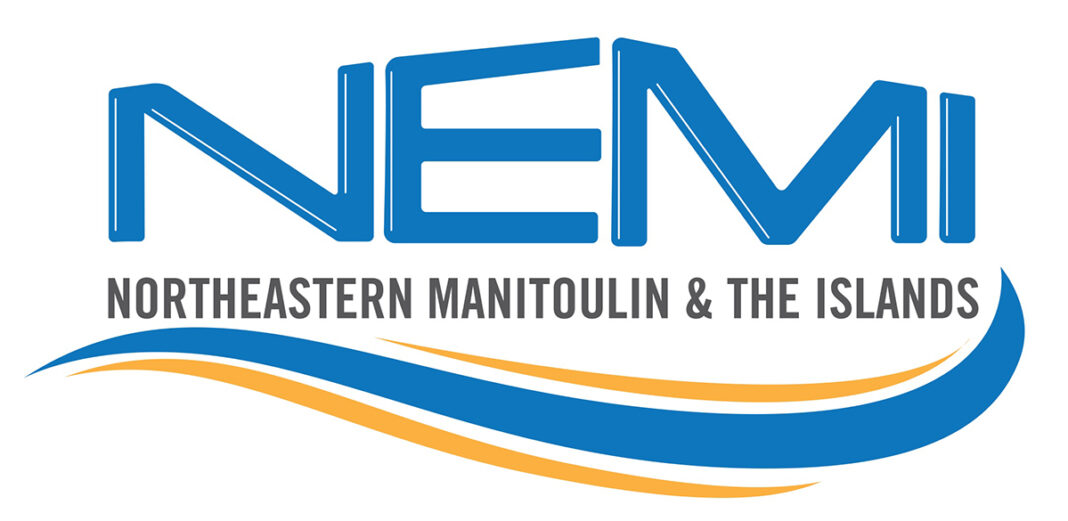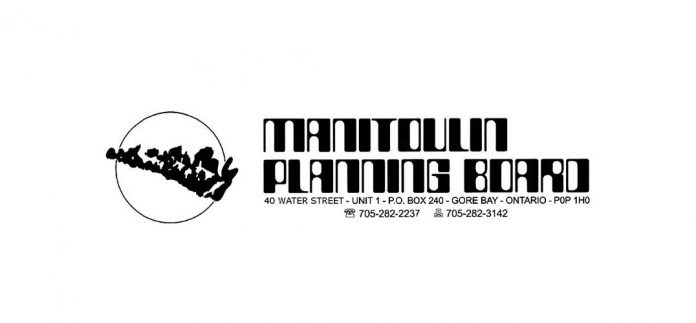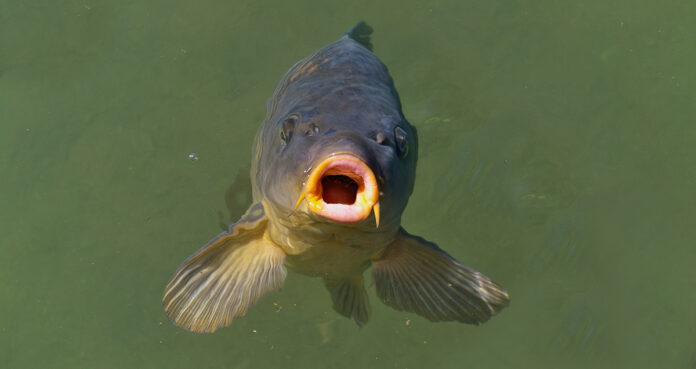NEMI—A Manitoulin Island municipal leader is happy to see the province is proposing to make amendments to Ontario regulations that will see that floating accommodations (floating homes and barges with residential units or camping facilities) will not be able to camp on water over public land.
“It all looks good with the new rules, but the devil is all in the details,” said Al MacNevin, mayor of the Town of Northeastern Manitoulin and the Islands (NEMI).
While floating container dwellings have not been seen in the waters around Manitoulin Island thus far, they have become prominent in southern Ontario, but not without controversy. In a previous Expositor story published in March 2022, at least one municipal leader and one First Nation leader indicated they do not want to see them around the Island. At the same time the province had posted a notice on the Environmental Registry of Ontario (ERO) seeking public input on ideas to inform possible future regulatory amendments related to ‘camping’ on waterways and the use of floating accommodations over Ontario’s public lands.
The Ministry of Natural Resources and Forestry (MNRF) has now announced it is proposing to make amendments to Ontario Regulation 161/17 under the Public Lands Act regarding the use of floating accommodations and camping on water over public lands in Ontario. In addition, minor changes are proposed for added clarity and consistency in the regulation.
Mayor MacNevin noted, “part of how this all came about is that our council and the Georgian Bay Association Coastal protection committee had discussed the issue that places like Muskoka, Parry Sound and Georgian Bay, where the impact of floating homes in front of marinas, homes and cottages for the season was causing concerns.”
NEMI council passed a motion last year indicating they didn’t want the province to allow seasonal cottages on barges. Mayor MacNevin said at the time, “We don’t want to discourage tourism, but when seasonal cottagers are already there, paying taxes and taking care of their sewage and wastewater, people staying on the water, in front of or close to their properties, can cause aggravation. Our council has agreed we don’t like the idea of (floating cottages) parking offshore and creating environmental problems, not paying taxes and aggravating cottage owners who do pay taxes.”
Patsy Corbiere, chief of Aundeck Omni Kaning First Nation and chair of the United Chiefs and Councils of Mnidoo Mnising, told The Expositor last March, “there is lots of private land on the Island and there are ongoing land claims. I don’t agree with these floating accommodations.”
Peter D. Henry, in the Crown Forests and Lands policy Branch with MNRF in a letter dated February 24 to municipal councils and First Nations advised, “The proposed changes related to floating accommodations were informed by feedback received by the ministry in response to the March 2022 ERO bulletin titled, ‘Seeking input about the use of floating accommodations on waterways over Ontario’s public lands’ (ERO number 019-5119).”
Mr. Henry explained, “we are proposing to amend Ontario Regulation 161/17 to clarify the types of camping units that can be used to camp on water over public land. It is proposed that the definition of ‘camping unit’ will be clarified to allow for camping on live-aboards and houseboats but will exclude floating accommodations, float homes and barges with residential units or camping facilities.”
“We are also proposing to change the conditions that must be met with camping on water over public lands in Ontario by reducing the number of days that a person can camp on water over public land (per location, per calendar year) from 21 days to seven days; increasing the distance that a person camping on water must move their camping unit to be occupying a different location from 100 metres to one kilometre; adding a new condition to prohibit camping on water within 300 metres of a developed shoreline, including any waterfront structure, dock, boathouse, erosion control structure, altered shoreline, boat launch and/or fill,” continued Mr. Henry.
“Twenty-one days camping on water over public land used to be the case, and I understand what people would do is move about 100 metres from their current position and camp there,” said Mayor MacNevin. “And companies have been advertising and offering rental floating home accommodations on Georgian Bay and Archipelago. Under the proposed regulations it will exclude floating accommodations, float home sand barges with residential units or camping facilities.”
“And they are adding a new condition to prohibit camping on water within 300 metres of a developed shoreline, including any waterfront structure, dock, boathouse, erosion control structure, altered shorelines, boat launch and/or fill. This is a good move,” said Mayor MacNevin.
Mr. Hendry encouraged municipalities, “to review the proposal notice and provide feedback through the ERO. The comment period for the proposal closes on April 11, 2023.”
“It is nice that the ministry is looking at this issue,” said Mayor MacNevin. “I know these floating accommodations are causing a lot of concerns and pressures in areas like Georgian Bay where they are prevalent.”





